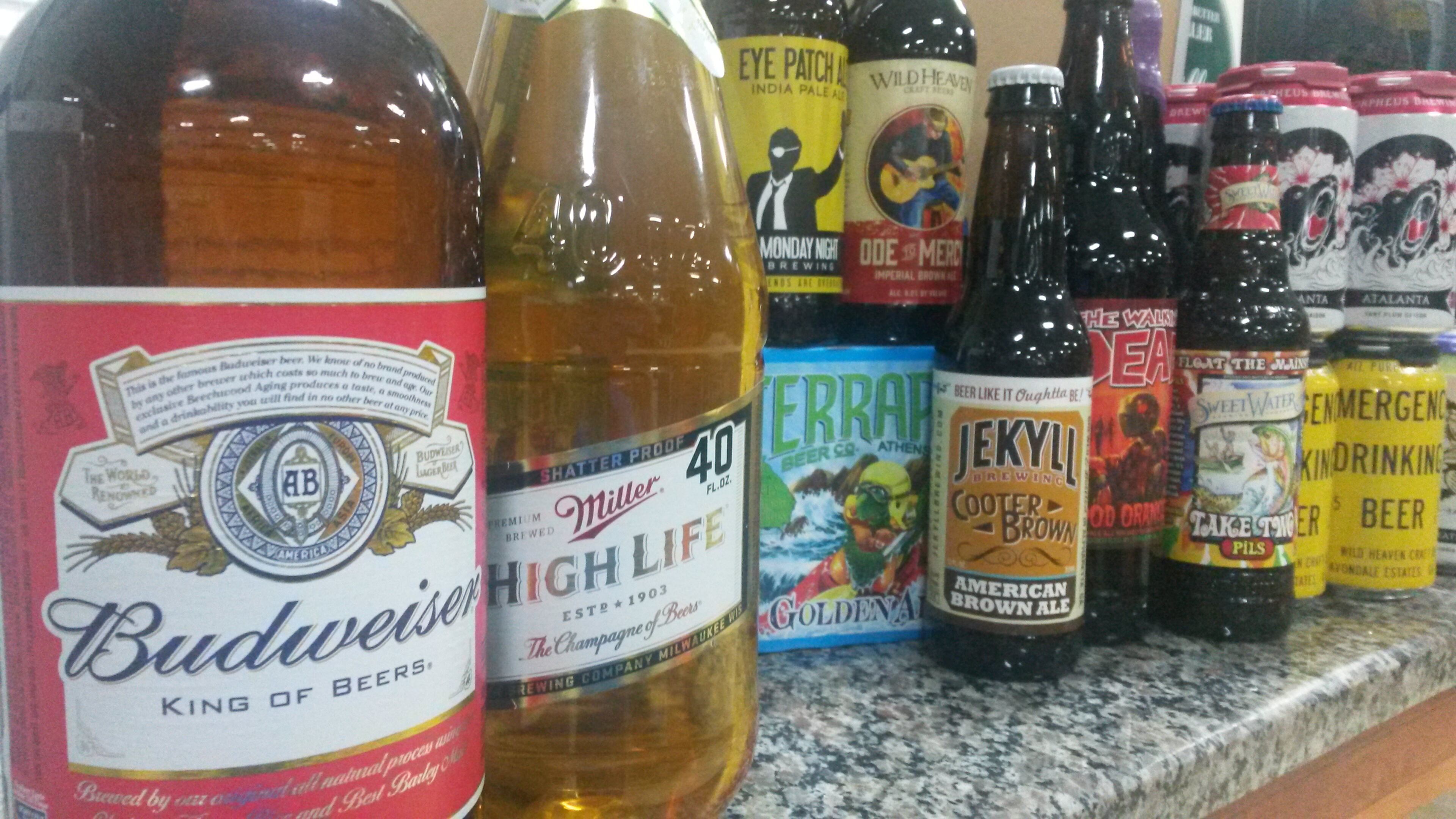Ads for Super Bowl seemed to pick (political) teams

There have been years when the Super Bowl ads were more exciting than the Super Bowl, but this wasn’t one of them.
An underdog sprinting to a big lead, a crew of grizzled veterans stubbornly mounting a comeback against impossible odds leading to the first overtime in Super Bowl history – exciting, it sure was.
Of course, if you were a Falcons fan, you probably like the way the ads ended a lot better.
But perhaps, given the heartbreaking outcome on the field – at least, for Atlanta – the Super Bowl ads were a good distraction. Even now. People are still talking about the ads and a lot of the buzz was about the political undertones, whether a company intended them or not.
There were at least eight ads with a political message, and the companies paid $5 million for each 30 seconds of air time, according to the Washington Post.
With the ongoing controversy sparked by the Trump administration’s immigration orders – and the legal fight over whether they can go forward – the ad for Anheuser-Budweiser drew the most attention.
That included some pushback and protest from supporters of the president. After which, the Anheuser-Busch vice president of marketing repeatedly insisted that the ad didn’t really mean what everybody thought it meant.
As the New Yorker put it, he was “begging, essentially, for everyone to stop talking about this thing that his company spent millions of dollars on in the hope, one assumes, of getting noticed.”
Fox and the NFL prefer non-political ads. And they have veto power.
Yet there were ads about inclusion and equal pay for women and presidential hair. There was an ad about two girls walking to America from somewhere in Latin America. (That one, by the 84 Lumber Co., to be reshaped to meet Fox's standards. But the company put the full version online).
Of course, not every company wants to make their pitch on the Super Bowl stage. It’s expensive. It’s an extremely broad, national demographic – which is good, perhaps for an everyday-for-every-consumer kinda brand like Coke (which did have an ad) and maybe less so for say, UPS, (which didn’t).
But it also depends on a company’s outlook, what they’re trying to accomplish and whom they are trying to reach.
Home Depot, for instance, does the Olympics and collegiate football, but not that big ol’ professional championship.
“The Super Bowl just hasn’t been a part of our strategy over the years,” said corporate spokesman Stephen Homes. “It’s really that simple. It’s just about bang for the buck.”
New Yorker suggests that Home Depot's long-time choice may be the right one for any company trying to stay clear of controversy. That is, discretion – staying out of the fray entirely – may be the better part of marketing valor, the magazine writes.
The country is just too polarized, the conversation too loaded – no matter what you may intend, New Yorker says. "Despite what Budweiser wants us to believe, beer is not bipartisan. Right now, nothing is."


